
Associate Professor, Dr. Nguyen Thanh Hoi, General Director of Phenikaa University Hospital, spoke at the program - Photo: D.LIEU
This was shared by Associate Professor, Dr. Nguyen Thanh Hoi, General Director of Phenikaa University Hospital, at the Nursing Science Conference 2025, organized by the hospital in coordination with the Vietnam Nursing Association on October 18 in Hanoi.
Nurses are companions of patients.
The conference, with the theme Empowering Future Nurses , aims to train and update medical knowledge, helping the nursing team not only to be patient caregivers but also to become creators of new standards in modern healthcare .
According to statistics from the Ministry of Health , in 2024, Vietnam will only have about 18 nurses per 10,000 people - much lower than the world average. The shortage of human resources limits patient care and answers to questions, which also increases the risk of conflict in the hospital environment.
Mr. Hoi shared that unlike doctors, nurses are present at almost every stage of the patient's treatment journey, from the time they enter the hospital until they are discharged. They welcome, guide, assist with medical examination, carry out medical orders, provide post-operative care, handle procedures and answer patients' questions.
"Conflicts in hospitals often arise when patients do not have their questions answered promptly or do not receive adequate care. When there are enough nursing staff working professionally, patients will feel cared for, thereby increasing satisfaction and reducing conflicts," said Mr. Hoi.
Dr. Tran Quang Huy, Vice President of the Vietnam Nursing Association, added: "Empowering future nurses is not only about assigning responsibilities but also about giving them autonomy so they can best develop their abilities.
When fully equipped with knowledge and skills, nurses can provide care services that are appropriate to the patient's individual experiences and needs, aiming for personalized care."
Personalize care, improve the quality of medical examination and treatment
Experts say personalized care is also a global trend.
Mr. Hoi emphasized that each patient is a unique individual - from diet, bed, care methods to pain relief support... all need to be designed appropriately to achieve optimal treatment results. When nurses understand this difference, they can work closely with doctors to improve the quality of treatment.
At the conference, nurse Pham Huyen Trang (Hanoi Medical University) presented research on the palliative care needs of breast cancer patients treated at K Hospital - Tan Trieu facility.
A study of 147 patients found that more than half (53.1%) had a need for palliative care support, with financial needs accounting for the highest proportion (63.9%), followed by physical support with common symptoms such as fatigue, loss of appetite and pain.
The report also affirms the important role of nurses in palliative care, not only managing symptoms and providing physical care, but also being a bridge to help patients access financial and social resources, thereby improving their quality of life.
According to experts, enhancing nursing capacity is an important link to improve the effectiveness of comprehensive care for patients in Vietnam.
The conference had 13 scientific reports, including 8 reports in Vietnamese and 5 reports in English, with the participation of 3 international reporters from the US, Taiwan (China) and Thailand.
The presentations focused on current topics of modern nursing such as personalized care, conflict management in hospitals, improving communication skills and comprehensive patient care.
Source: https://tuoitre.vn/xung-dot-trong-benh-vien-mot-phan-do-thieu-duong-20251018120411777.htm








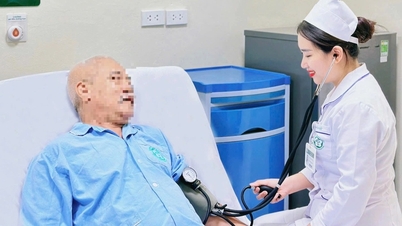



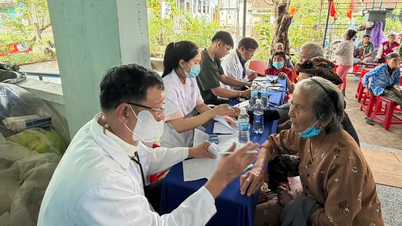

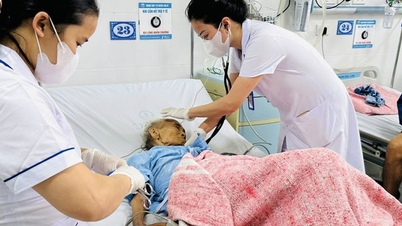

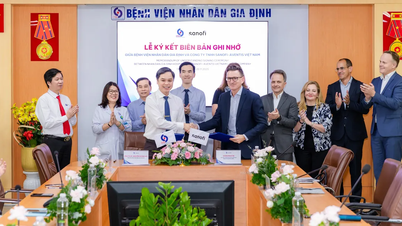
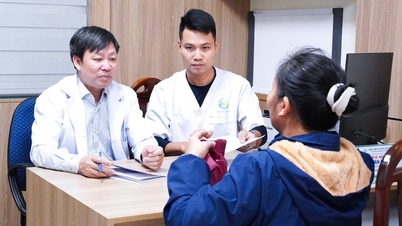




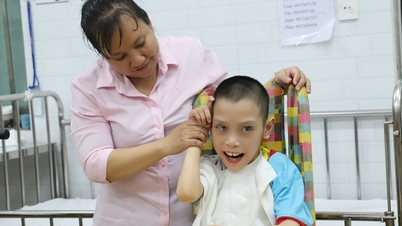


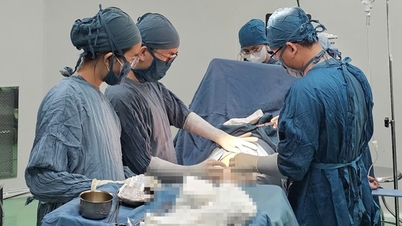
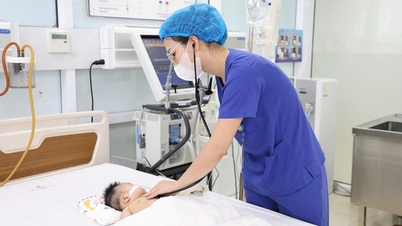





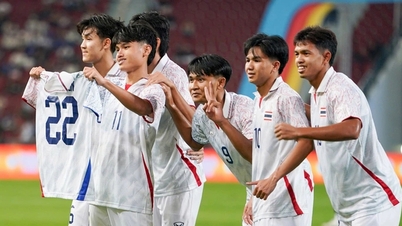

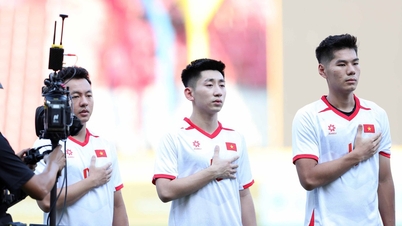

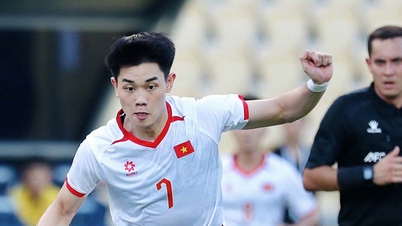
![[Photo] Worshiping the Tuyet Son statue - a nearly 400-year-old treasure at Keo Pagoda](/_next/image?url=https%3A%2F%2Fvphoto.vietnam.vn%2Fthumb%2F1200x675%2Fvietnam%2Fresource%2FIMAGE%2F2025%2F12%2F02%2F1764679323086_ndo_br_tempimageomw0hi-4884-jpg.webp&w=3840&q=75)
![[Photo] Parade to celebrate the 50th anniversary of Laos' National Day](/_next/image?url=https%3A%2F%2Fvphoto.vietnam.vn%2Fthumb%2F1200x675%2Fvietnam%2Fresource%2FIMAGE%2F2025%2F12%2F02%2F1764691918289_ndo_br_0-jpg.webp&w=3840&q=75)

























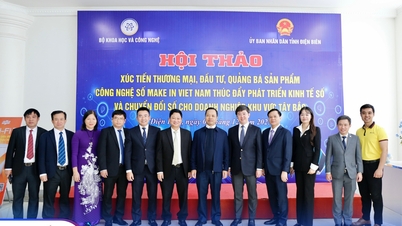








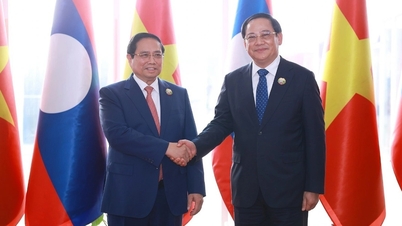
















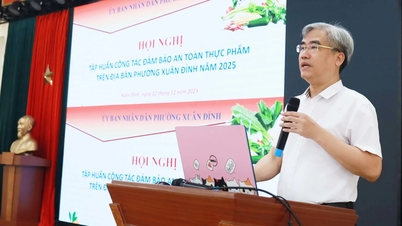


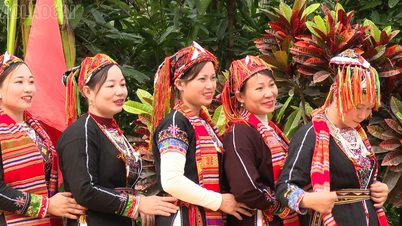

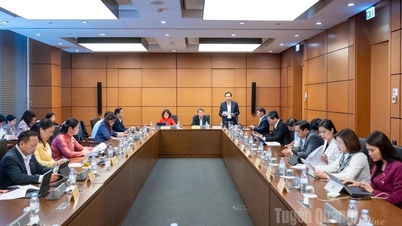












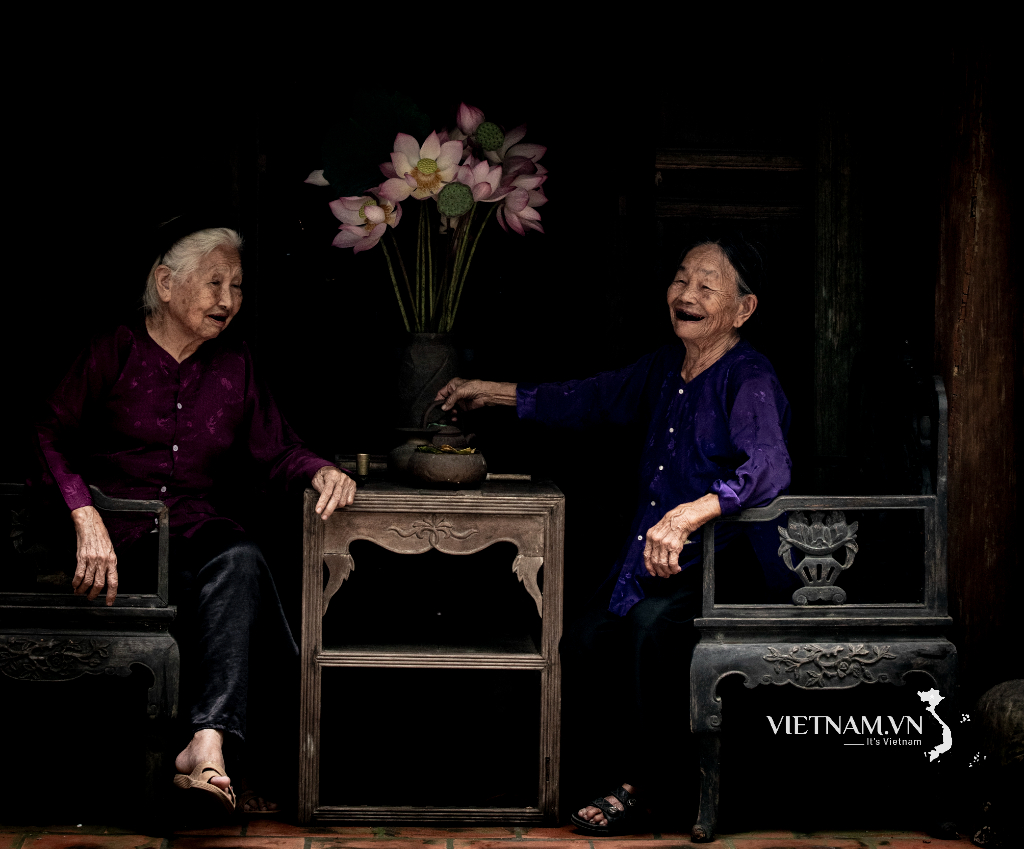

Comment (0)